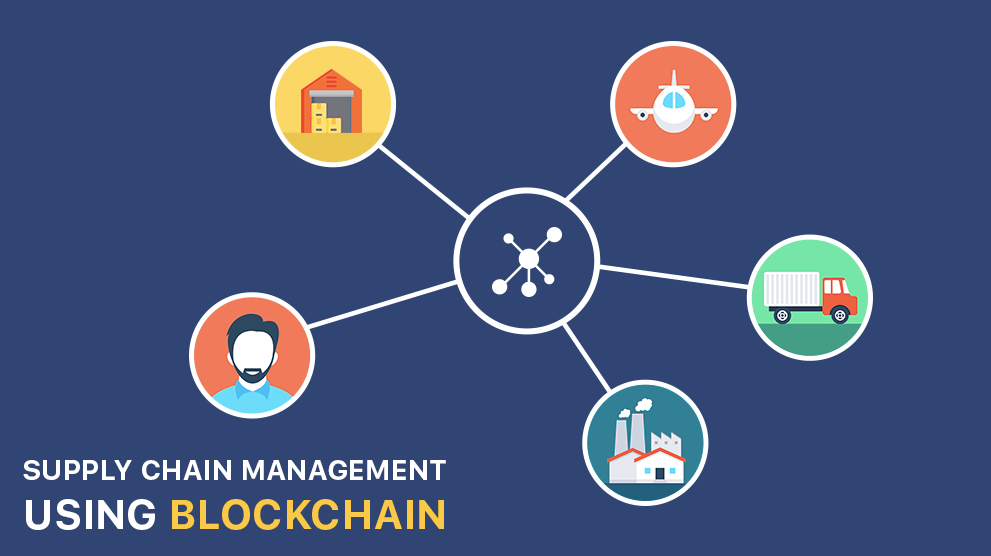The Role of Blockchain in Supply Chain Management: Enhancing Transparency, Traceability, and Efficiency

Blockchain technology is revolutionizing traditional supply chain management by addressing long-standing challenges related to transparency, traceability, and efficiency. As a decentralized and immutable ledger, blockchain offers a secure and transparent way to record and verify transactions, bringing a paradigm shift to the supply chain industry. This article explores the multifaceted impact of blockchain on supply chain processes.

1. Transparency in Supply Chains:
a. End-to-End Visibility:
Blockchain provides real-time visibility into the entire supply chain, allowing stakeholders to track the movement of goods from the manufacturer to the end consumer.
Transparent and decentralized record-keeping ensures that all participants in the supply chain have access to the same information, reducing the risk of discrepancies.
b. Authentication of Goods:
Blockchain enables the verification of product authenticity by recording each step of the production and distribution process.
Consumers can scan QR codes or use other technologies to access the blockchain and confirm the origin and authenticity of the products they purchase.
c. Supplier Accountability:
Immutable records on the blockchain hold suppliers accountable for their claims and certifications.
This transparency promotes ethical and sustainable business practices, as stakeholders can verify the authenticity of certifications and claims made by suppliers.
2. Traceability and Accountability:
a. Provenance Tracking:
Blockchain allows for the creation of an unalterable and transparent record of a product's journey from its origin to the end-user.
In the event of recalls or quality issues, companies can quickly trace the affected products, reducing the scope and impact of such incidents.
b. Reducing Counterfeits and Fraud:
By implementing blockchain, the supply chain becomes resistant to counterfeit goods and fraudulent activities.
Immutable records ensure that products cannot be tampered with or replaced, providing assurance to both businesses and consumers.
c. Smart Contracts for Compliance:
Smart contracts on blockchain can automate compliance checks, ensuring that all participants adhere to regulatory and contractual obligations.
Automatic triggering of actions based on predefined conditions reduces the risk of errors and enhances overall compliance.
3. Efficiency Gains in Supply Chain Processes:
a. Streamlining Documentation:
Blockchain reduces the reliance on paper-based documentation, streamlining the flow of information and reducing the likelihood of errors or delays.
Automated and decentralized record-keeping simplifies the documentation process, enhancing efficiency across the supply chain.
b. Real-Time Data Sharing:
The decentralized nature of blockchain facilitates real-time data sharing among stakeholders.
Participants can access the most up-to-date information, improving communication, and enabling quicker decision-making.
c. Supply Chain Finance:
Blockchain enables more efficient supply chain financing by providing a transparent and verifiable record of transactions.
This can lead to faster processing of payments and increased liquidity for participants in the supply chain.
Blockchain technology is a transformative force in supply chain management, bringing unprecedented levels of transparency, traceability, and efficiency. By leveraging decentralized ledgers and smart contracts, the supply chain industry can overcome traditional challenges and build a more resilient, trustworthy, and collaborative ecosystem. As blockchain adoption continues to grow, the potential for further innovation and optimization in supply chain processes is vast, promising a future where transparency and efficiency are at the forefront of global commerce.